
Where to Find the Best Property Deals in the South of France
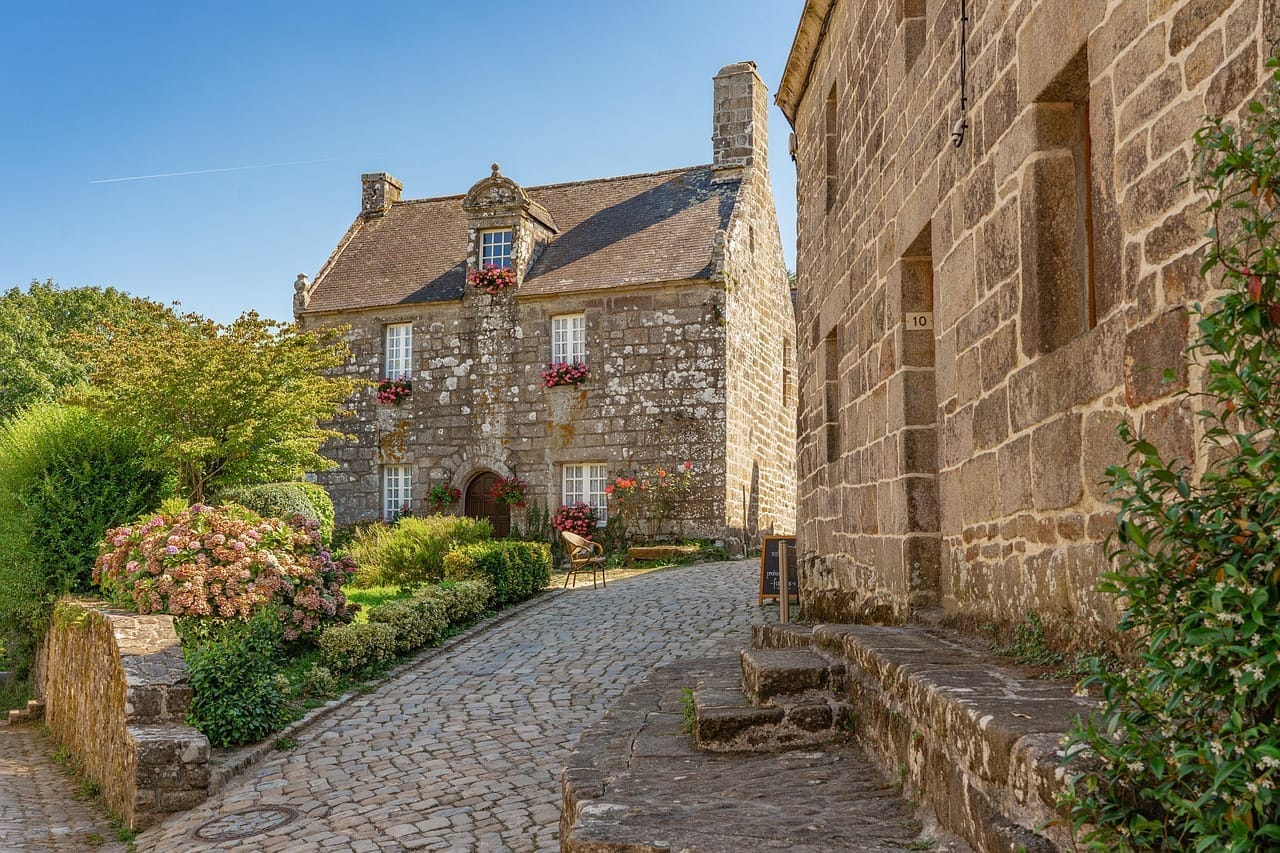
After two decades navigating the French property market, I've learned something crucial: the best deals in the South of France aren't where most buyers think they are. While everyone scrambles over the same handful of coastal hotspots, savvy investors are quietly building portfolios in overlooked communities that offer superior value and exceptional growth potential.
The truth is, finding genuine property bargains along the Côte d'Azur requires insider knowledge, timing, and a willingness to look beyond the obvious. Let me show you exactly where I'm directing people and why these locations represent some of the finest investment opportunities in France right now.
Understanding the South of France Property Market in 2026
The South of France property landscape has shifted dramatically over the past few years. Brexit reshaped buyer demographics, remote work revolutionised location priorities, and sustainability concerns are now influencing property values in ways we couldn't have predicted a decade ago.
Currently, we're seeing average property prices in prime Riviera locations hovering around €5,000 to €8,000 per square metre, with premium addresses in Monaco, Saint-Jean-Cap-Ferrat, and central Nice commanding considerably more. But here's what most buyers miss: within a thirty-minute drive of these premium postcodes, you'll find properties at €2,500 to €3,500 per square metre offering comparable lifestyle benefits and considerably stronger rental yields.
The key is understanding that the South of France isn't monolithic. It's a tapestry of micro-markets, each with distinct characteristics, buyer profiles, and investment potential. Your goal should be matching your budget and objectives to the right location, not simply chasing the most famous addresses.
The Hidden Gems: Where Smart Investors Are Buying Now
The Var Department: Exceptional Value with Proven Demand
The Var department remains my top recommendation for investors seeking genuine value. Towns like Fréjus, Sainte-Maxime, and Les Arcs offer Mediterranean lifestyle benefits at significantly lower entry points than their Alpes-Maritimes neighbours.
Fréjus particularly catches my attention. With direct motorway access, excellent beaches, and an increasingly sophisticated infrastructure, properties here trade at roughly 40 percent below equivalent Nice addresses. I've seen two-bedroom apartments in well-maintained residences selling for €180,000 to €250,000 that would command €400,000 plus in Nice's western suburbs.
The rental market in Fréjus is robust year-round. Summer holiday lets generate excellent returns, while the substantial local population ensures consistent long-term rental demand. My clients typically achieve gross yields between 4.5% and 6%, substantially better than the 2-3% common in premium coastal locations.
Sainte-Maxime offers a different proposition. More upmarket than Fréjus but considerably more affordable than Saint-Tropez across the bay, it attracts discerning holidaymakers who appreciate quality without pretension. Properties here have shown consistent 3 to 4 percent annual appreciation over the past five years, and I expect this trajectory to continue as Saint-Tropez prices increasingly price out mainstream buyers.
The Nice Hinterland: Countryside Charm, Urban Convenience
Villages perchés in the Nice arrière-pays represent some of the most compelling opportunities I'm seeing right now. Communes like Tourrette-Levens, Levens, and Aspremont offer authentic Provençal character, stunning views, and remarkable value whilst remaining just twenty to thirty minutes from Nice's amenities and airport.
These villages are experiencing a renaissance. The pandemic accelerated a trend that was already emerging: professionals seeking space, character, and quality of life without sacrificing urban connectivity. Properties that sat on the market for months in 2019 now receive multiple offers within weeks.
Price-wise, expect to pay €3,000 to €4,500 per square metre for village houses requiring modest renovation, with turnkey properties reaching €5,000 per square metre. These figures represent roughly half the equivalent Nice property prices, and crucially, you're typically getting more space, outdoor areas, and architectural character.
The catch, naturally, is that you'll need a car, and these aren't weekend-only holiday homes. They work best for permanent residents, long-term renters, or buyers seeking an authentic base for extended stays in France. The rental market here caters to professionals and families rather than tourists, offering stability but requiring patient landlord-tenant relationships.
Menton and the Italian Border: International Appeal, French Prices
Menton deserves far more attention than it receives. This elegant Belle Époque town offers everything buyers claim to want, including microclimate advantages that keep it warmer than Nice through winter, proximity to the Italian border for weekend excursions, and prices that make central Nice look positively extortionate.
I'm particularly bullish on Menton's seafront apartments and the slightly elevated properties in the old town. Seafront two-bedroom flats in good condition trade between €350,000 and €500,000, delivering unobstructed Mediterranean views and immediate beach access. Comparable properties in Nice's Promenade des Anglais area start around €800,000.
Menton's rental market is characterized by a combination of tourist demand and a substantial retiree population seeking long-term rentals. This dual demand creates year-round income opportunities. Properties near the market halls and the Basilica Saint-Michel particularly interest me, offering authentic neighbourhood character whilst remaining walkable to all amenities.
The town's ongoing investments in pedestrian areas, cultural facilities, and seafront improvements indicate municipal commitment to enhancing livability and attracting visitors. These infrastructure investments typically precede property value appreciation by 18 to 24 months, suggesting that current buyers are well-positioned for capital growth.

If you're seriously considering a move to France, I encourage you to explore our Move to France Masterclass. This comprehensive online course provides detailed guidance on every aspect of relocating to France, from visa applications and housing searches to cultural integration and community building. Learn from experts and experienced expats who have successfully navigated the journey you're contemplating.
Spotting Undervalued Properties: My Seven-Point Evaluation System
Finding bargain properties isn't about luck or timing alone. It requires systematic evaluation using consistent criteria. Here's the framework I apply to every property I assess:
First, price per square metre relative to local comparables. Properties priced 15 to 20 percent below the neighbourhood average warrant immediate investigation. However, exceptional discounts usually signal significant issues. I'm looking for modest underpricing that suggests motivated sellers rather than fundamental problems.
Second, time on market. Properties listed for more than four months in desirable areas often present opportunities for negotiation. Sellers become increasingly realistic about pricing as carrying costs accumulate and initial enthusiasm wanes. I've negotiated 10- to 15-percent discounts simply by demonstrating my readiness to proceed quickly on properties that have been on the market for six months or more.
Third, renovation potential. Properties requiring cosmetic updates consistently offer superior value compared to those that have been recently renovated. A dated kitchen and bathroom might reduce market appeal by 20 percent, whilst actual renovation costs represent perhaps 8 to 10 percent of the property value. Savvy buyers recognise this arbitrage opportunity.
Fourth, location trajectory. I prioritise areas experiencing infrastructure investment, new transport links, or demographic shifts. These macro factors drive long-term appreciation regardless of individual property characteristics. Current construction of tram extensions, new schools, or commercial developments signals upcoming value growth.
Fifth, rental yield potential. Even for buyers planning personal use, understanding rental income possibilities matters. It provides downside protection and flexibility. Properties offering gross yields of 4 percent or more in decent locations represent solid value, particularly if comparable properties yield 2 to 3 percent.
Sixth, legal status and copropriété health. Reviewing the past three years of copropriété accounts, planned works, and any ongoing disputes is non-negotiable. Properties in buildings with well-managed copropriétés, reasonable charges, and adequate reserve funds consistently outperform those with problematic management.
Seventh, seller motivation. Understanding why someone is selling provides crucial negotiation leverage. Inheritance sales, divorces, relocations, and financial pressures create motivated sellers who are willing to accept reasonable offers below the asking price. Your agent should establish these facts during initial property inquiries.
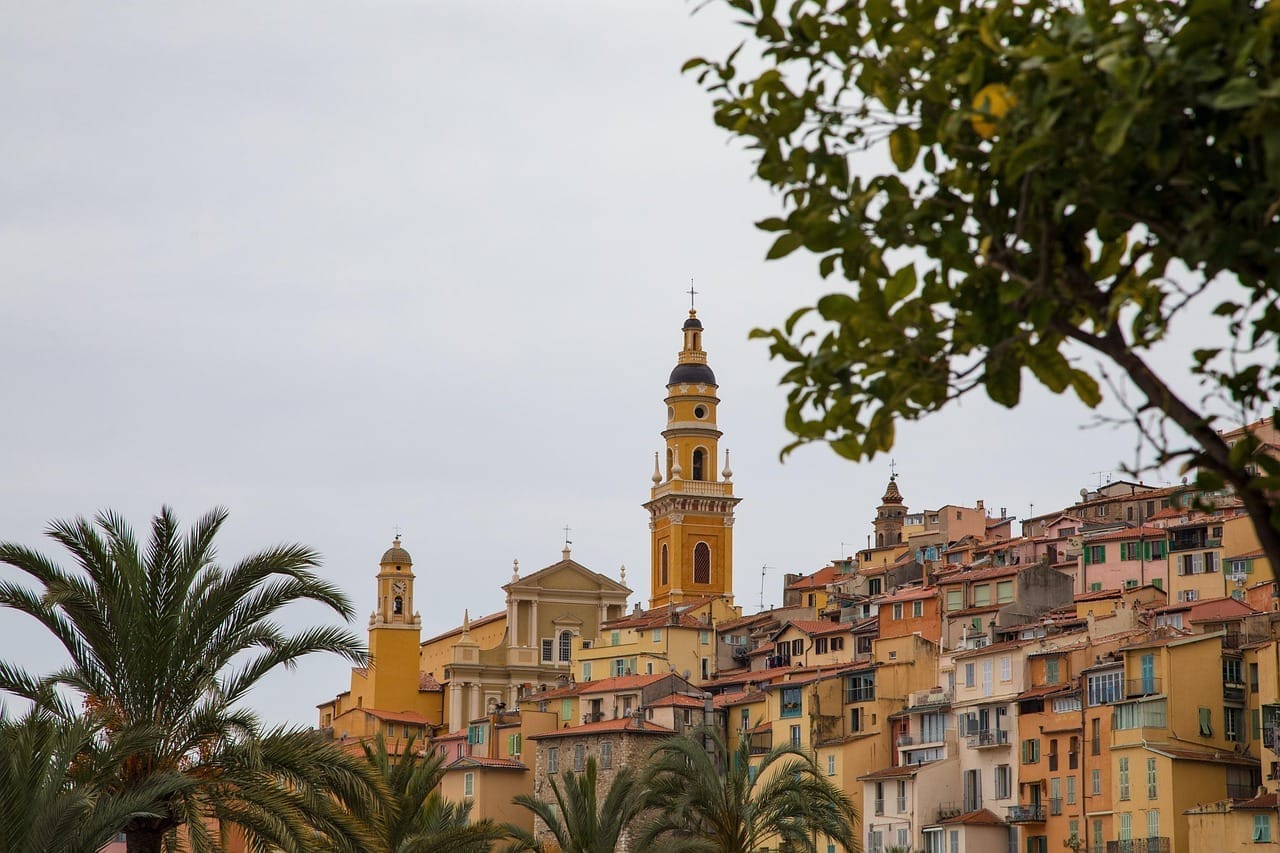
Timing Your Purchase: When to Buy in the South of France
Market timing matters considerably more than most buyers realise. The South of France property market exhibits clear seasonal patterns that savvy investors exploit.
November through February represents the optimal buying period. Inventory accumulates as sellers who couldn't achieve desired prices during spring and summer either reduce expectations or withdraw properties entirely. Motivated sellers remain on the market, creating a buyer's advantage. Additionally, notaries and estate agents are typically less busy, resulting in faster transaction processing.
I've consistently achieved better purchase prices for winter buyers. The psychological factors are straightforward: properties look less appealing in grey weather, buyers are fewer, and sellers grow increasingly anxious about carrying costs through another off-season. A property priced at €400,000 in July might realistically be negotiated to €370,000 by January if it hasn't sold.
March through June represents peak buying season. Competition intensifies, sellers become optimistic about achieving full asking prices, and bidding situations emerge on well-priced properties. Unless you're targeting a specific property that has just been listed, I generally advise clients to avoid purchasing during these months if possible.
September and October offer a secondary buying window. Summer holiday optimism fades, sellers who expected quick sales during peak season reassess pricing, and serious buyers emerge. Whilst not offering the advantages of deep winter buying, these months balance reasonable competition with growing seller pragmatism.
Working with Estate Agents: Getting the Best Deals
The relationship you establish with estate agents directly impacts the deals you access and the prices you achieve. Most buyers misunderstand how French estate agents operate, and consequently, they miss opportunities.
First, understand the commission structure. French agents typically charge sellers 5 to 8 percent commission, paid at completion. This creates an interesting dynamic: agents are motivated to close deals, but aren't working for you as the buyer. Your interests occasionally align, particularly when agents have stale inventory they're eager to move.
Building relationships with multiple agents in your target area is essential. Agents receive off-market mandates, preview properties before public listing, and learn about sellers' situations that indicate flexibility on price. Being known as a serious buyer who can proceed quickly positions you to receive these opportunities.
I recommend the following approach when working with agents. Register your search criteria clearly, specifying location, budget, property type, and essential features. Follow up monthly, even if nothing suitable has emerged, demonstrating continued interest and seriousness. When viewing properties, provide prompt and constructive feedback, regardless of your level of interest.
Most importantly, demonstrate financial readiness. Having mortgage pre-approval, proof of funds, or notaire confirmation of purchasing capacity immediately distinguishes you from casual browsers. Agents prioritise showing the best value properties to buyers they trust can complete transactions.
Unlock the secrets of the world's most successful entrepreneurs with the
Global Wealth Navigator Newsletter
Discover the world's best destinations offering a lower cost of living paired with an enriched quality of life with the Global Wealth Navigator Newsletter. Whether you're a retiree or an entrepreneur, we dive into strategies that open doors to international investments, tax optimizations, and discover the finest destinations offering a superior quality of life. Don't let borders or routine define you; lets find your ideal spot in the world, regardless of your income bracket.
Off-Market Properties: Accessing Hidden Inventory
The finest deals I've secured for clients never appeared on public listings. Off-market properties, those sold discreetly without advertising, represent approximately 20 to 25 percent of all transactions in desirable locations in the South of France.
Sellers choose off-market routes for various reasons. Privacy concerns motivate celebrities and wealthy individuals. Some sellers test market interest without formal commitment. Others simply prefer avoiding the disruption and exposure that come with extensive viewings and online listings.
Accessing off-market inventory requires developing a network. Notaires frequently learn about potential sales before formal mandates are issued. Building relationships with notaires in your target communes provides advanced intelligence. Similarly, local tradespeople, architects, and property managers often know about upcoming sales through their client relationships.
Don't underestimate the effectiveness of a direct approach. Identifying properties that interest you and leaving polite enquiry cards in letterboxes occasionally yields results. I've seen buyers secure ideal properties by simply asking whether owners might consider selling, particularly in sought-after buildings where transactions are infrequent.
Word-of-mouth within expatriate and local communities also produces opportunities. Being known as a genuine buyer seeking specific property types often results in introductions to potential sellers before properties reach the open market. These transactions typically proceed more smoothly with less competition and more flexible pricing.
Renovation Projects: Finding Value in Dated Properties
Properties requiring renovation consistently offer the best value proposition in the South of France market. Most buyers lack either the confidence or inclination to tackle renovation projects, creating opportunities for those willing to engage with the process.
The key is distinguishing between cosmetic updates and structural issues. Dated kitchens, tired bathrooms, and old-fashioned décor represent straightforward fixes that significantly enhance property value and appeal. Structural concerns, damp problems, or outdated electrical systems require more substantial investment and specialist expertise.
My rule is simple: if renovation costs exceed 25 percent of the property's purchase price, you're probably better off buying something that requires less work. Sweet spot opportunities involve properties that require €30,000 to €50,000 of cosmetic improvements, priced €80,000 to €120,000 below comparable renovated properties.
Always obtain multiple quotations from registered artisans before making a purchase commitment. French renovation costs can come as a surprise to buyers unfamiliar with local pricing and regulatory requirements. Factor in 15 to 20 percent contingency above quotations for unexpected issues and specification improvements during works.
Remember that renovation permits may be required even for internal works in certain buildings and locations. Your notaire should clarify requirements during purchase due diligence. Proceeding without proper authorisation creates legal complications and potential forced reversal of works.
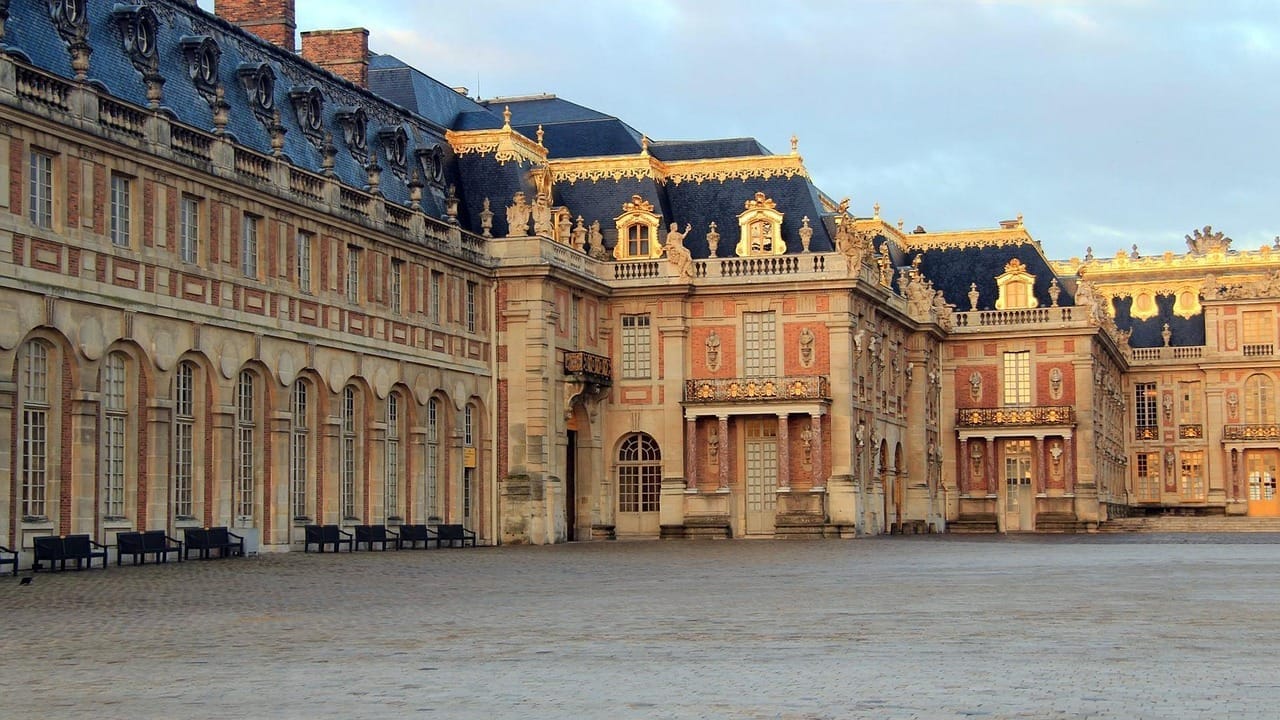
Auction Properties: High Risk, High Reward Opportunities
French property auctions, whilst less common than in the UK, offer opportunities for experienced buyers prepared to accept additional risk and complexity. These auctions typically involve properties seized for debt recovery, estate liquidations, or forced sales.
Auction properties trade at substantial discounts, typically 20 to 40 percent below market value, reflecting the challenges buyers face. Viewing is often limited or impossible, properties are usually sold occupied, and buyers assume responsibility for resolving tenant or occupant issues. Legal complications frequently exist, requiring specialist notaire advice.
I recommend auction purchases only for buyers with experience, substantial cash reserves, and the patience to navigate protracted legal processes. The potential savings are genuine, but hidden costs and complications often erode initial discount advantages.
If you're considering auction properties, engage a specialist notaire familiar with auction processes before bidding. They'll review the auction pack, identify potential issues, and estimate realistic post-purchase costs. Without this professional input, you're essentially gambling on a property purchase.
New Developments: Evaluating Off-Plan Opportunities
New developments proliferate throughout the South of France, particularly in growing towns and suburbs. Off-plan purchases offer certain advantages, modern specifications, guarantees, reduced notaire fees, and potential VAT benefits, but require careful evaluation.
The discount on off-plan properties compared to existing equivalents typically ranges from 10 to 15 percent, reflecting the risk buyers assume. Completion delays, specification changes, and financial difficulties for developers can complicate off-plan purchases. Additionally, new properties often require several years for the surrounding infrastructure and amenities to fully develop.
I scrutinise developer track records extensively before recommending off-plan purchases. Developers with multiple completed projects, established in the industry, represent a lower risk than those undertaking their first or second development. Request details of previous projects, visit completed developments, and speak with existing owners about their experiences.
Location remains paramount, regardless of a property's newness. A brand-new apartment in a mediocre location will underperform an older property in a prime position. Assess the surrounding area's long-term prospects, existing amenities, transport links, and neighbourhood character before committing.
Finally, understand the staged payment structure and associated obligations. Off-plan purchases typically require deposits at the time of reservation, construction commencement, and completion, with specific legal protections in place at each stage. Your notaire will explain these protections and ensure developer compliance.
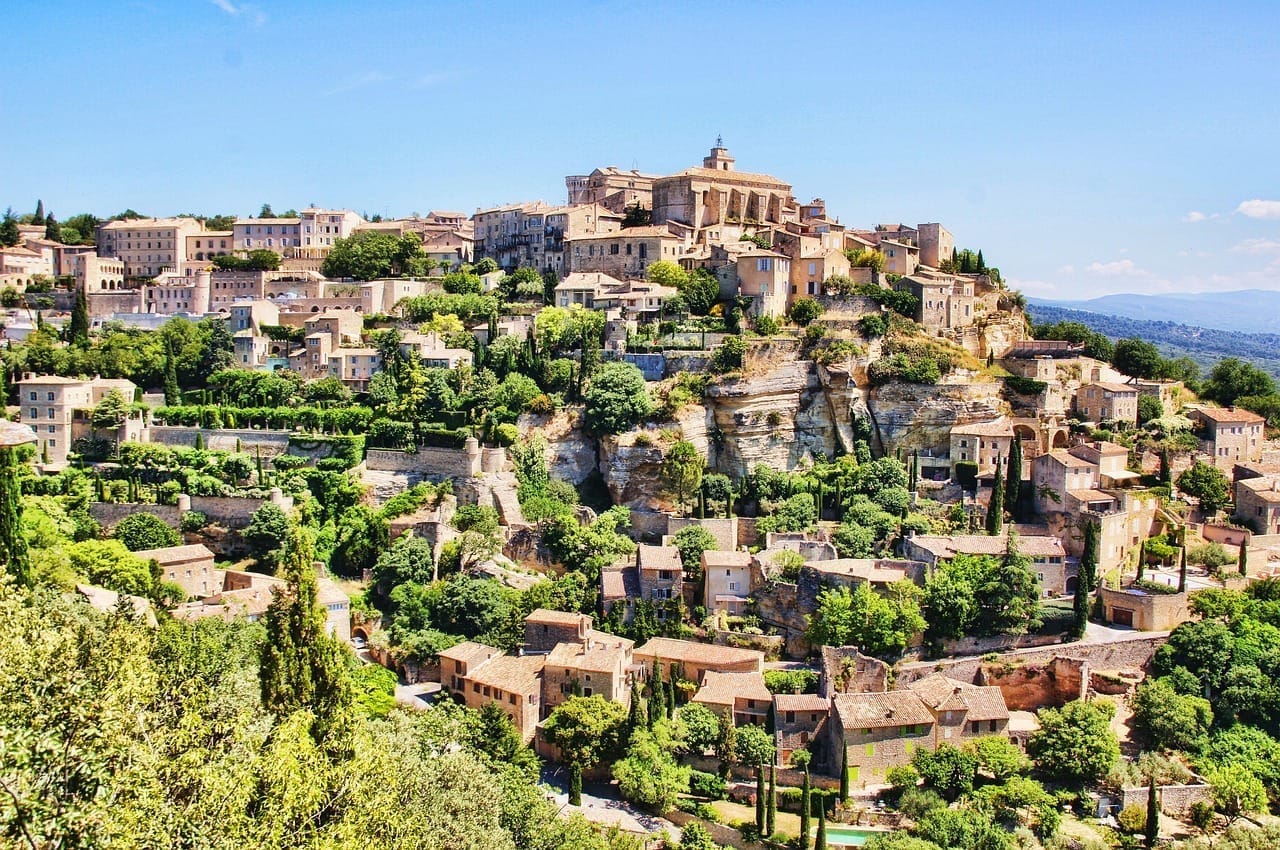
Financing Your Purchase: Maximising Your Budget
How you finance your French property purchase significantly impacts the value you can access. Many buyers, particularly international purchasers, don't fully explore financing options available to them.
French mortgage lending to international buyers has evolved considerably. Whilst Brexit complicated matters for British buyers, specialist lenders now offer competitive products to non-residents. Current mortgage rates for international buyers typically range from 3.5% to 4.5%, with loan-to-value ratios reaching 70% to 80% for well-qualified applicants.
The advantage of French mortgages extends beyond leverage. Mortgage interest may be tax-deductible against French rental income, and currency risk is minimised when rental income and mortgage payments are both in euros. Additionally, French lenders often provide more favourable terms for properties they're familiar with and can easily value.
International buyers should also consider borrowing in their home country, secured against existing properties. This approach offers greater flexibility, potentially lower rates, and simpler application processes. However, it introduces currency exchange considerations and may limit tax efficiency.
Engage a specialist mortgage broker familiar with French property finance as early in your search process as possible. They'll assess available options, secure principle agreements, and ensure you're negotiating on properties within realistic price ranges. Pre-approval strengthens your negotiating position considerably.
Legal Considerations: Protecting Your Investment
French property law provides substantial buyer protection, but only if you understand and utilise available safeguards. The compromis de vente, preliminary sale contract, initiates a binding agreement but includes specific conditions that protect buyers.
Standard suspensive conditions cover mortgage approval, right of first refusal, and absence of urban planning restrictions. I always recommend including additional conditions that address specific property concerns, such as successful survey results, confirmation of no outstanding copropriété charges, or resolution of identified legal irregularities.
The seven-day cooling-off period following the compromise's signature allows buyers to withdraw without penalty or reason. This period exists precisely for buyer reflection and should be utilised for final due diligence, particularly for properties purchased quickly or emotionally.
Never underestimate the importance of selecting an experienced, bilingual notaire if you're not fluent in French. The notaire's role extends beyond conveyancing; they provide essential legal advice, conduct due diligence, and ensure your interests are protected throughout the transaction. Their fee is regulated and identical regardless of which notaire you choose, so prioritise experience and communication over cost.
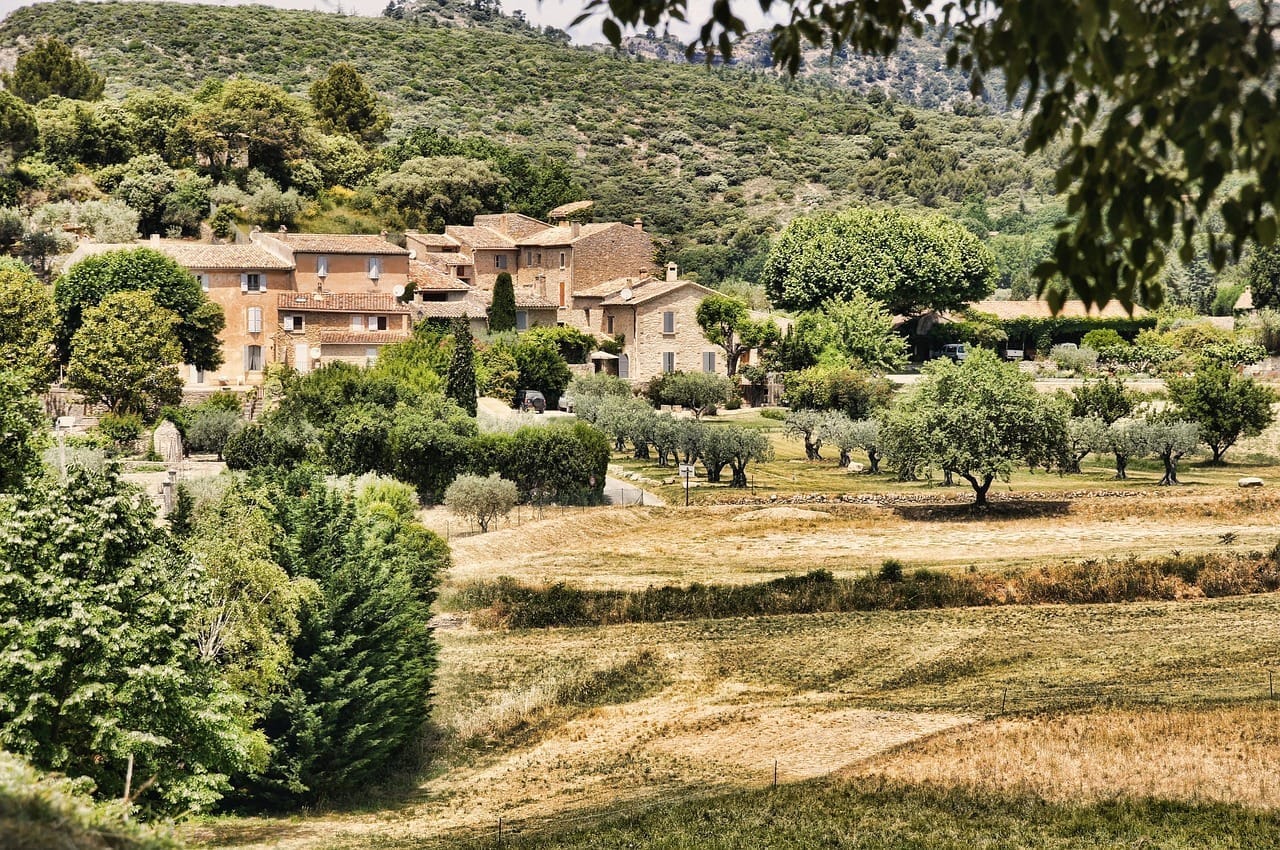
Making Your Offer: Negotiation Strategies That Work
Effective negotiation begins long before you submit an offer. Understanding market conditions, property positioning, and seller motivation enables the formulation of strategic offers that maximizes success probability while securing optimal pricing.
Research comparable recent sales thoroughly before making an offer. Your agent should provide this data, but independent verification through notaire records adds confidence. Properties achieving the asking price or above indicate strong markets where aggressive discounting is unlikely. Conversely, properties selling 10 to 15 percent below the asking price suggest a negotiation scope.
My negotiation approach strikes a balance between respect and firmness. Initial offers between 5 and 10 percent below the asking price on properties correctly valued signal serious intent without insulting sellers. Properties that are obviously overpriced or have been on the market for an extended period warrant more aggressive initial positions, potentially 15 to 20 percent below the asking price.
Always accompany offers with clear evidence of financing capability and readiness to proceed quickly. Sellers accept lower offers from buyers who can complete efficiently over higher offers from uncertain purchasers. Your ability to exchange within weeks rather than months represents genuine value to motivated sellers.
Don't be discouraged by initial rejections. French property negotiations often involve multiple rounds before an agreement is reached. Remain patient, maintain communication through your agent, and be prepared to justify your position with market evidence and property-specific concerns. Sellers frequently reconsider rejected offers after several weeks without alternative interest.
Long-Term Value: Assessing Future Appreciation Potential
Property investment success ultimately depends on selecting locations and properties that consistently appreciate in value over time. Short-term gains through negotiation matter, but long-term value creation drives wealth accumulation.
Infrastructure development represents the single strongest predictor of property value growth. New motorway connections, airport expansions, train line improvements, and major commercial developments fundamentally alter location desirability and accessibility.
Properties positioned to benefit from these improvements systematically outperform equivalent properties elsewhere.
Demographic trends provide another critical indicator. Areas that attract young families, remote workers, or affluent retirees typically demonstrate sustained demand, supporting price appreciation. Monitor school quality, cultural amenities, healthcare facilities, and lifestyle offerings that appeal to target demographics.
Environmental factors increasingly influence property values. Coastal properties facing erosion risks, flood-prone areas, or locations vulnerable to wildfire danger trade at growing discounts compared to safer equivalents. Climate change considerations will only intensify, making environmental due diligence essential for protecting long-term value.
Finally, consider tourism dynamics carefully. Properties entirely dependent on tourist rental income face increased regulation, seasonal income volatility, and potential restrictions on short-term letting. Locations supporting both tourist and residential demand offer greater resilience and stability.
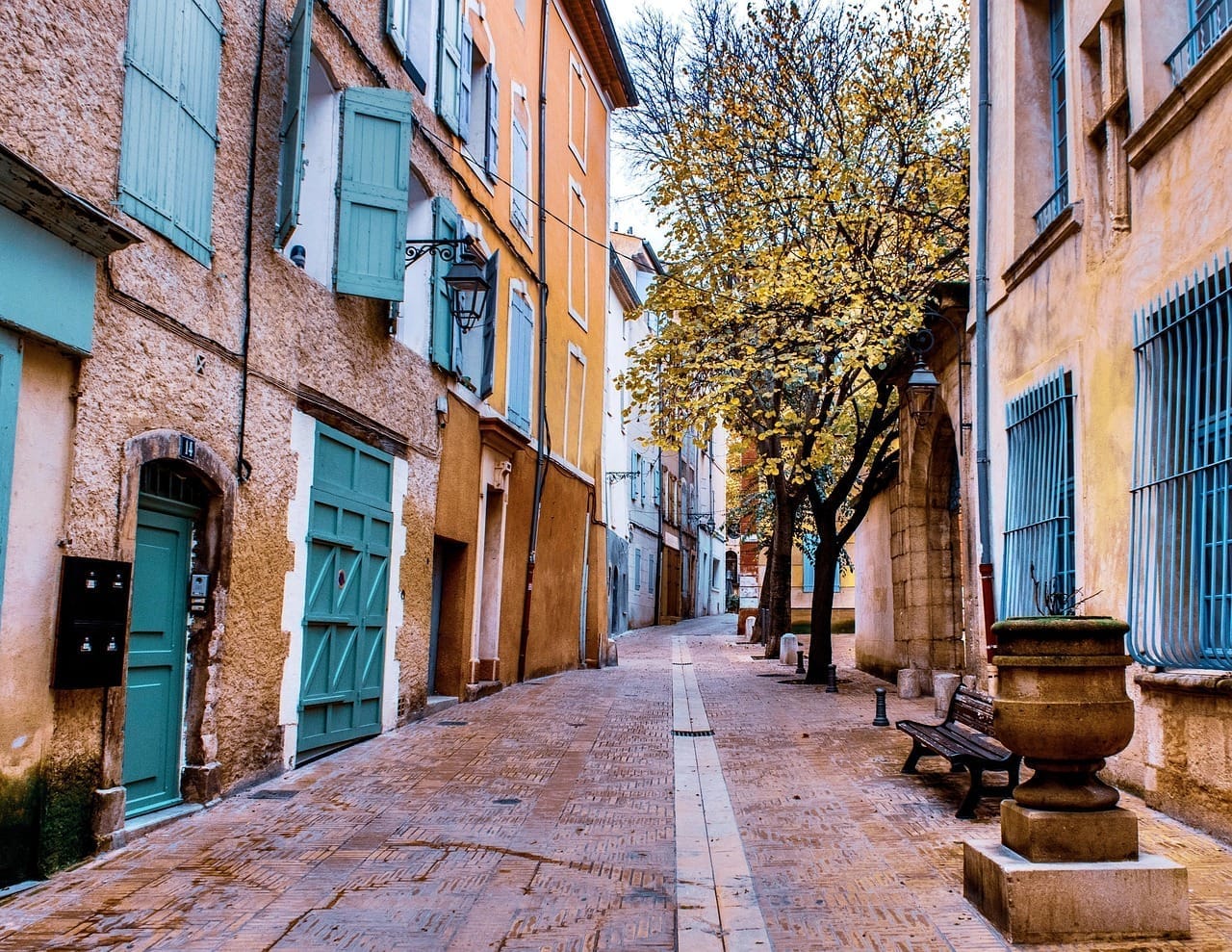
Final Thoughts: Making Your South of France Property Dream Reality
Finding excellent property deals in the South of France requires patience, local knowledge, and systematic evaluation. The opportunities exist, but they don't announce themselves through flashy marketing or premium listings.
Success comes from knowing where to look, understanding market dynamics, building professional relationships, and maintaining disciplined evaluation criteria. Whether you're seeking investment returns, a permanent residence, or a holiday retreat, the principles remain consistent: research thoroughly, buy in the right location, negotiate firmly but fairly, and think long-term.
The South of France property market rewards informed, decisive buyers who've done their homework. Start by clearly defining your objectives, researching target locations extensively, establishing financing readiness, and building relationships with local professionals who can guide your search.
Most importantly, don't rush. The perfect property at the right price will emerge if you're patient and systematic in your approach. Having navigated hundreds of transactions over two decades, I can assure you that buyers who maintain discipline and follow proven strategies consistently achieve superior outcomes.
Ready to take the next step in your French property journey?
Our Move to France Masterclass
provides comprehensive guidance on every aspect of relocating to and investing in French property. From legal requirements and tax planning to finding the perfect location and navigating the purchase process, this online course delivers the insider knowledge you need to make informed, confident decisions about your French property investment.

If you're seriously considering a move to France, I encourage you to explore our Move to France Masterclass. This comprehensive online course provides detailed guidance on every aspect of relocating to France, from visa applications and housing searches to cultural integration and community building. Learn from experts and experienced expats who have successfully navigated the journey you're contemplating.
Written by Peter Collins
Originally from Leeds, Peter now lives in Nice and consults in property investment. His confident, conversational writing explores France’s real estate market, cost of living, and smart relocation choices. Peter brings clarity and optimism to every article he writes.
📍 From Leeds, now in Nice
Peter’s confident, conversational tone guides readers through property investing and relocation to France’s sun-drenched coast.
Read Articles by Peter →
Global Citizen Life
© 2023 Global Citizen Life
All rights reserved
